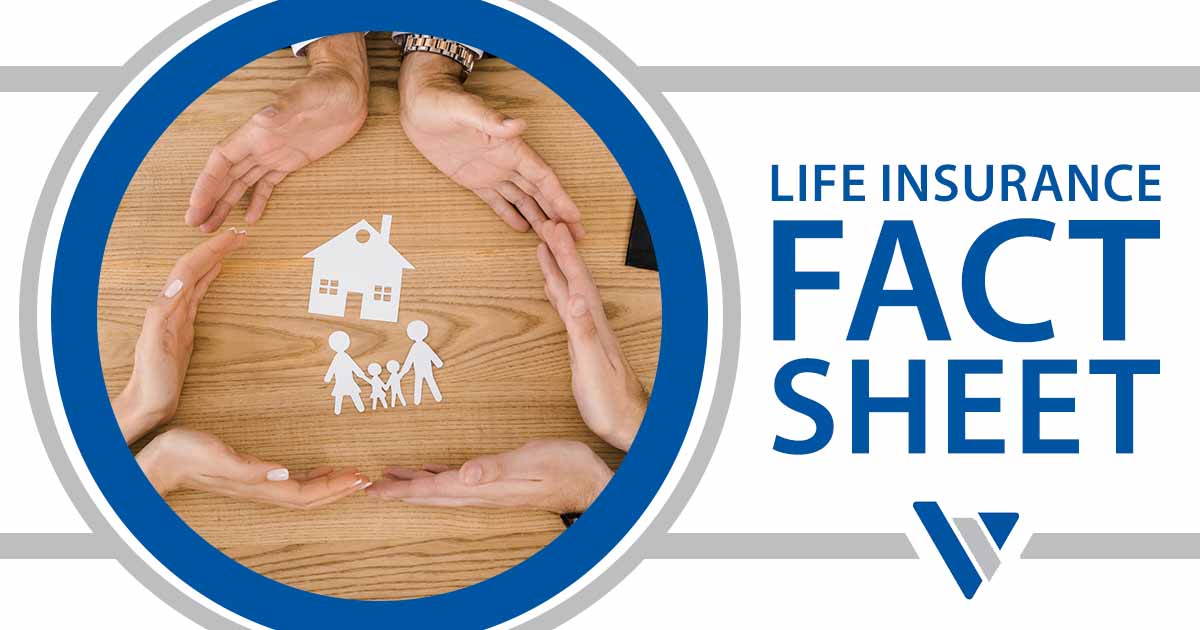I am sharing with you some of the information the Life Insurance Marketing and Research...


Well, life continues to move along for me, my family, my friends, my mom, my husband’s parents, my friends’ parents, etc. I wrote an article about the assisted living experience with my parents in 2020 and thought I would write a follow-up based on additional lessons learned now. My dad passed away almost 4 years ago, and my mom continues to live in the same Assisted Living facility close to me. It’s been an adjustment, but time heals, and we are both doing well.
I was a little early to this game, but as my friends’ parents and in-laws start to navigate the aging process, I would like to highlight some ideas to consider.
It is never too early to take proactive measures to educate yourself on services, resources, and professional assistance to help your family navigate longevity. Yes, the conversation is hard, but being proactive can facilitate better health and better outcomes in a crisis. Believe me, you do not want to be in a situation where you are forced to make quick, seemingly rash, knee-jerk decisions without having a knowledge base to draw from if you can avoid it.
It’s human nature to “cross that bridge when we get to it,” but that can be detrimental to the senior and the family unit in the way of not having needed services, falling short on resources, increasing caregiver stress, upsetting the family dynamic, and maxing out the family from a financial, emotional, and psychological perspective. Planning for a crisis (although details of which may be unpredictable) is important, as is doing an honest assessment of how well the current situation is, how sustainable it is, and how it would hold up in a crisis.
Ideas to explore include:
These are just some ideas to get conversation started and to encourage you to proactively develop a knowledge base so that, ultimately, you can feel empowered to make sound, educated decisions for yourself and those that you love.